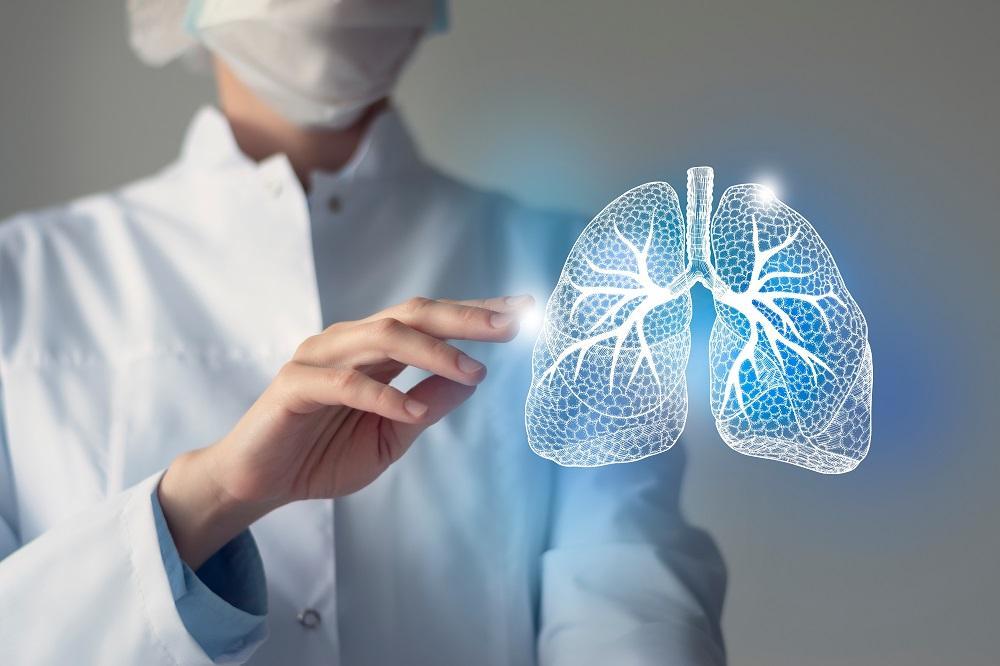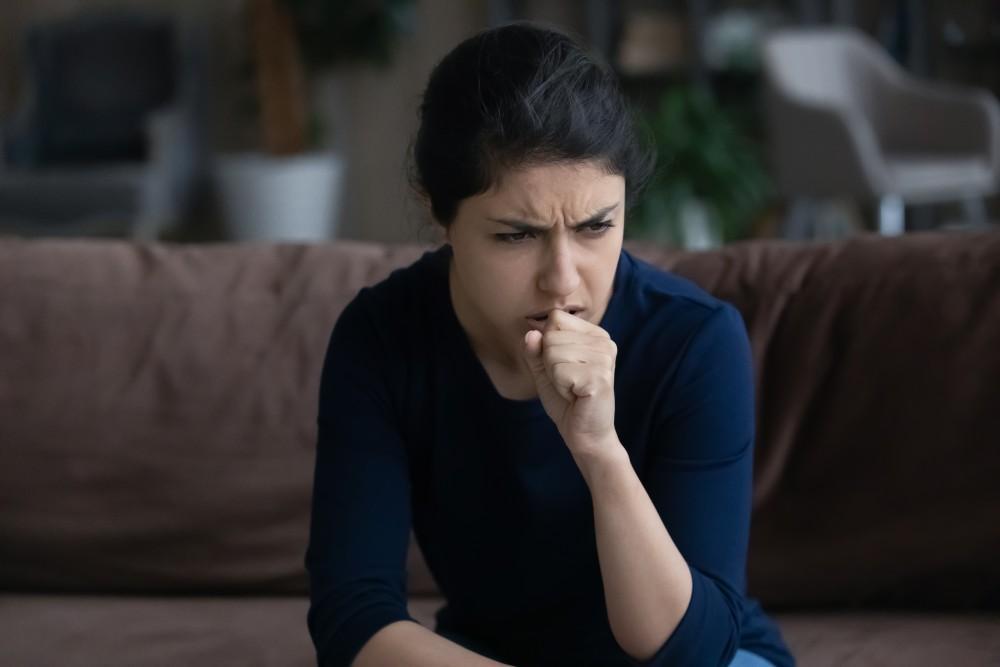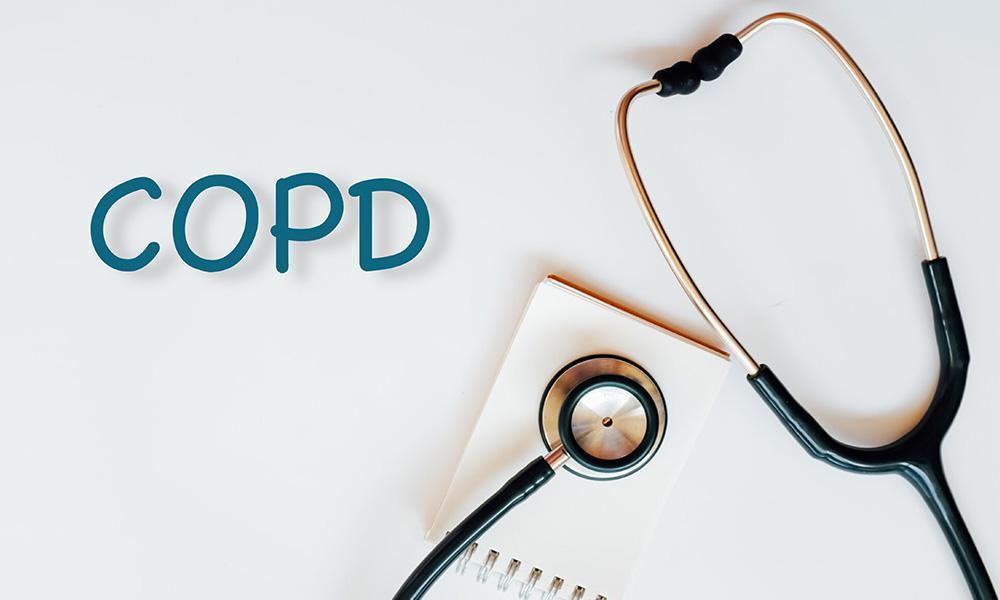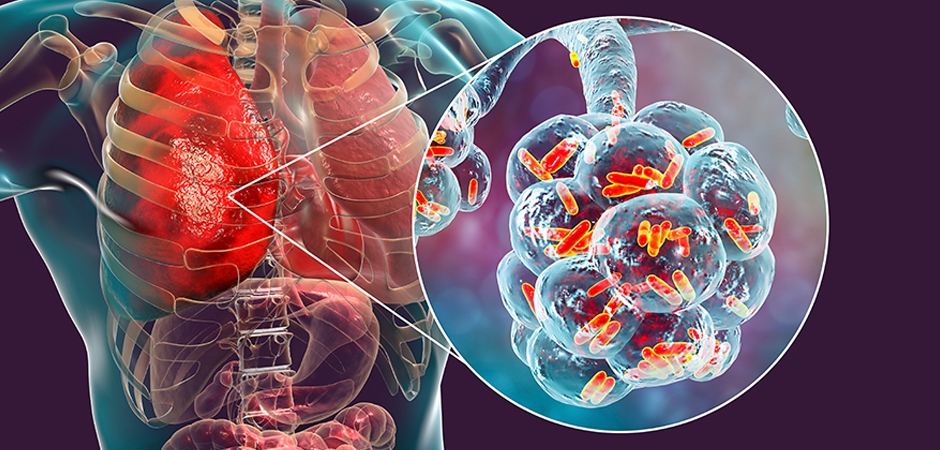Sarcoidosis is an inflammatory disease that may affect any organ in the body. However, it most often affects the lungs, causing shortness of breath, coughing, and fatigue. At Kamelhar Pulmonology in Midtown East Manhattan, the highly skilled pulmonologists, Dr. David Kamelhar specializes in diagnosing and treating sarcoidosis of the lungs. To schedule an evaluation, call the office in New York City or book an appointment online today.
Sarcoidosis Q & A
What is sarcoidosis?
Sarcoidosis causes tissue inflammation that leads to the formation of tiny lumps known as granulomas. These granulomas may change the structure and function of the organ in which they develop
Though sarcoidosis may affect any part of the body, it most often affects the lungs and lymph nodes in the chest.
Researchers are still investigating what causes someone to develop sarcoidosis, but theorize that it may have a genetic basis. Exposure to various substances may cause the condition to arise in people with that genetic predisposition.
Individuals of any ethnic or racial background may develop sarcoidosis, though African Americans are more likely to do so. Sarcoidosis has been identified as a consequence of 9/11 exposure in certain individuals. However, anyone can develop sarcoidosis without any particular exposure.
What are the symptoms of sarcoidosis?
Symptoms of sarcoidosis vary and depend on the organ affected. However, most people with sarcoidosis have inflammation and granulomas in the lungs and lymph nodes in the chest.
Symptoms of sarcoidosis of the lungs include:
- Shortness of breath
- Chronic coughing
- Chest pain
- Fatigue
- Night sweats
- Fever
- Weight loss
It’s theorized that sarcoidosis in the lungs starts out as an inflammation of the alveoli or air sacs of the lung. This inflammation may clear up on its own or turn into granulomas. The granulomas can affect the structure of the bronchial tube or airway as well, and may result in temporary inflammation, or in scarring and permanent narrowing of the bronchial tube.
Wheezing can occur in either temporary or permanent bronchial tube narrowing. Scarring may cause the airway to narrow and stiffen, making it harder to breathe. Damage or scarring in the air sac may interfere with the process of getting oxygen into the bloodstream.
Sarcoidosis may also affect the eyes, skin, nervous system, or heart. If you have sarcoidosis that affects other parts of your body, it is likely that you also have sarcoidosis of the lungs.
The physicians at Kamelhar Pulmonology are careful to examine all parts of your body to be sure that no area of sarcoidosis goes undetected and unaddressed.
How is sarcoidosis diagnosed?
There is no single test for diagnosing sarcoidosis. When you visit Kamelhar Pulmonary with concerns about a chronic cough or shortness of breath, the pulmonologists perform a thorough exam to find the underlying cause.
They review your symptoms, medical and family history, and perform a careful physical examination. The doctors also do pulmonary function testing to assess breathing function, and arrange a chest X-ray or CT scan to look for sarcoidosis or any other reason for your respiratory symptoms and findings.
If granulomas of a certain type appear on a biopsy of an affected area such as lung or lymph node and you have a clinical presentation consistent with sarcoidosis, then the diagnosis can be confirmed.
It should be emphasized that many different medical conditions can have granulomas as part of the biopsy finding. For that reason, your physician will always be certain that the diagnosis of sarcoidosis is the proper one in your case.
It should be emphasized as well that many medical experts consider sarcoidosis to be a condition that stays with you. Though it may get better with time, it may return in the same organ that it first appeared, or it may return in a different part of your body.
The doctors at Kamelhar Pulmonology are careful to guide you to routinely check your sarcoidosis on a regular basis once the diagnosis is confirmed.
How is sarcoidosis treated?
Kamelhar Pulmonology customizes treatment for sarcoidosis based on the severity of symptoms. Treatment includes a combination of lifestyle changes for general health and medication to manage the disease.
Most patients with sarcoidosis do not require medication at the time of diagnosis. Steroid medications may be used initially, though newer treatments that are termed steroid sparing are favored. It is extremely important to judge when anti-inflammatory treatment should be initiated and when it should be withdrawn.
Your sarcoidosis plan may include:
- Eating a balanced diet
- Drinking plenty of fluids
- Getting adequate sleep
- Exercising regularly
- Cigarette smoking cessation
- Regular monitoring of organs most likely to be affected, including eyes and heart as well as having periodic lung function examinations.
The pulmonologists spend time talking to you about your condition and treatment plan. They also schedule regular follow-up appointments to monitor your sarcoidosis and adjust your plan as needed.
Dr. Kamelhar keeps up with the current literature regarding this constantly evolving condition and its treatment guidelines.
To find out more about sarcoidosis, call Kamelhar Pulmonology to schedule a consultation online today.







